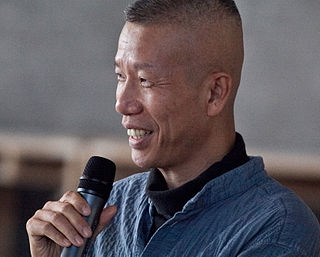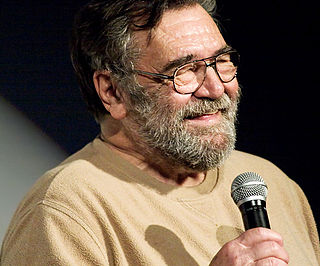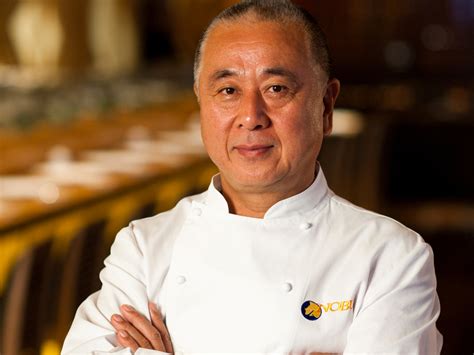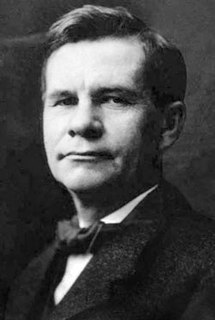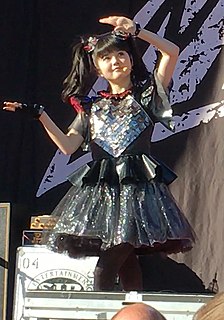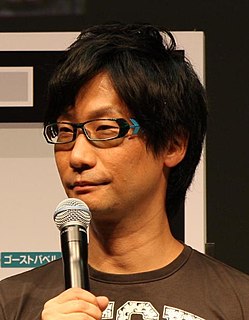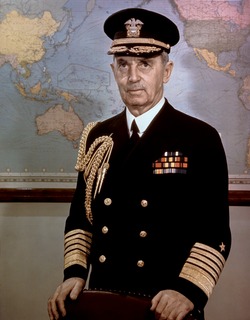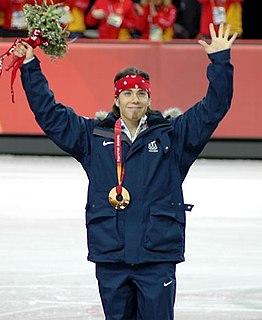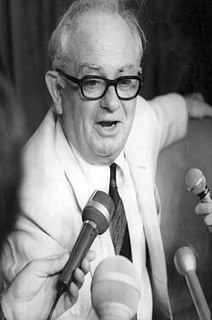Top 1200 Japanese People Quotes & Sayings - Page 17
Explore popular Japanese People quotes.
Last updated on December 4, 2024.
I don't think I made a conscious decision as a career choice. From my school days I had decided, persuaded by my parents, to prepare myself for the law. Then the Japanese occupation came and we went through three and a half years of what I would call the university of life, it was hard, it was harsh.
Even though China was a very closed country, they thought of themselves as the center of the world. It is an ethnic characteristic. After I went to Japan, I had a totally different view. The Japanese are always talking about what the Western world is doing. There is the anxious feeling of an outsider.
It is my opinion that the use of this barbarous weapon at Hiroshima and Nagasaki was of no material assistance in our war against Japan. The Japanese were already defeated and ready to surrender... In being the first to use it, we had adopted an ethical standard common to the barbarians of the Dark Ages.
The 'snakebot', which is a type of mechanized, biologically inspired robot, itself has roots in Japanese laboratories of the 1970s. What the team at Pittsburgh-based Carnegie Mellon is doing today under professor Howie Choset is making the 'snakebots' stronger, smaller, and more maneuverable than ever.
I don't choose to make low-budget films. But that is the reality of surviving in the Japanese film industry. However, the trade off is, since we're working on small budgets, we have freedom. You can't buy this freedom with money. With this freedom, I think there are an infinite number of possibilities.
The President of the United States ordered me to break through the Japanese lines and proceed from Corregidor to Australia for the purpose, as I understand it, of organizing the American offensive against Japan, a primary objective of which is the relief of the Philippines. I came through and I shall return.














